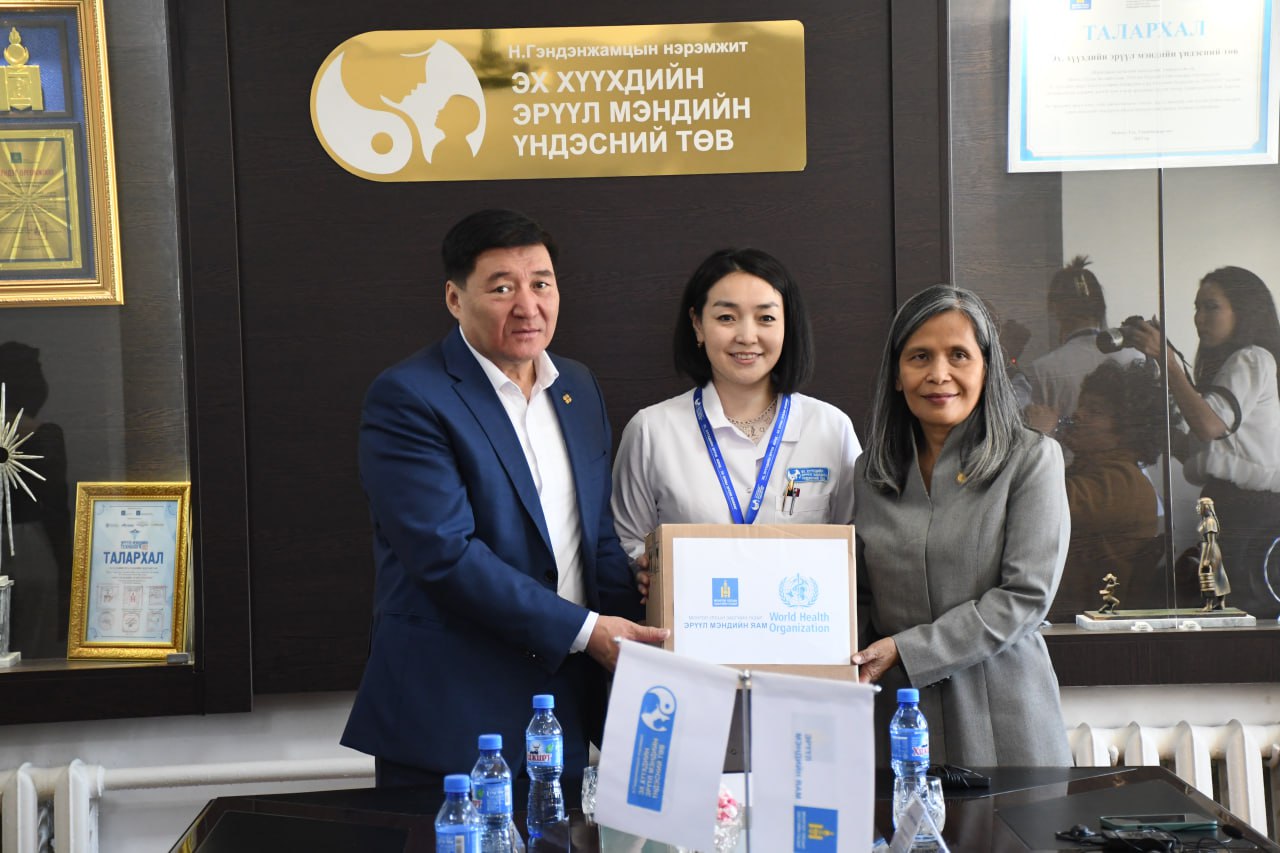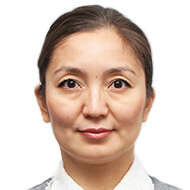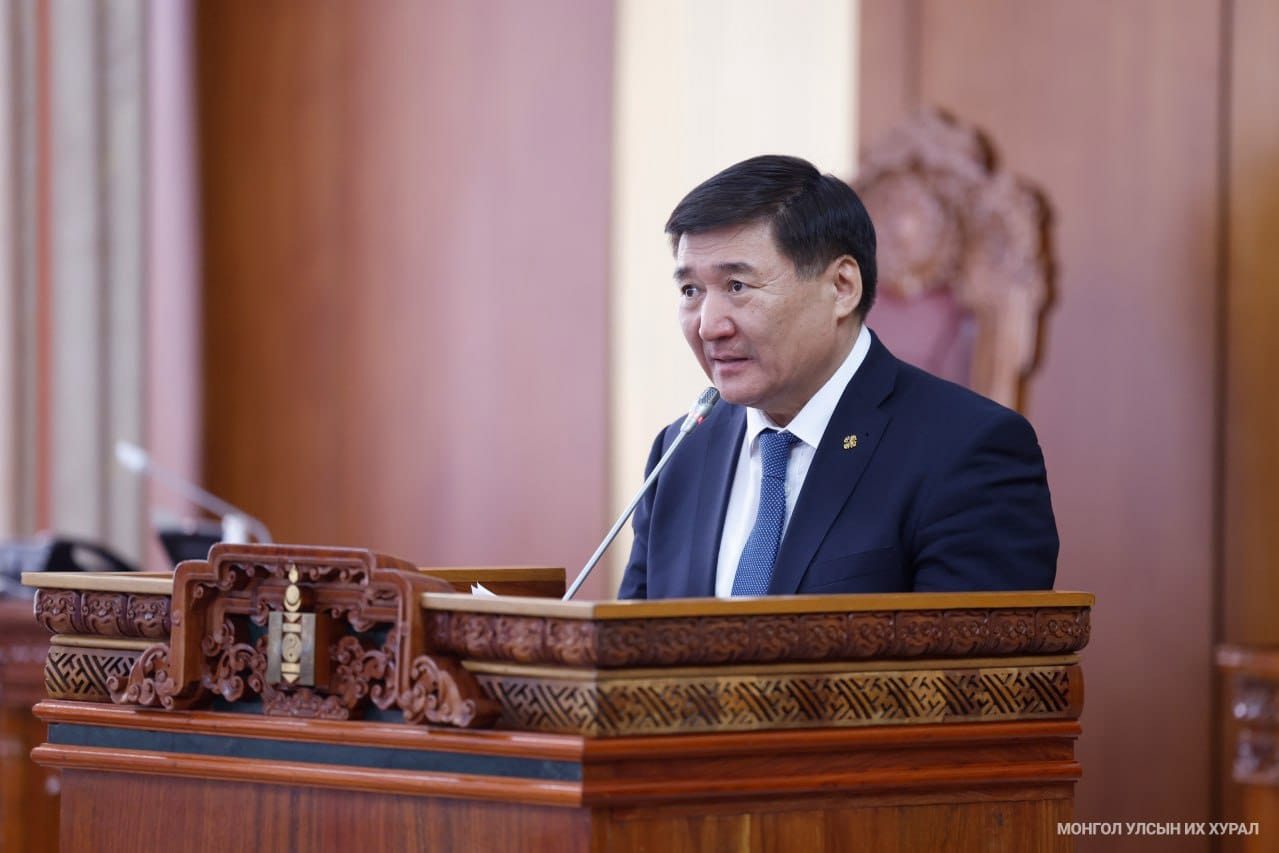WHO, UNICEF, and St. Jude Children’s Research Hospital, in coordination with Mongolia’s Ministry of Health, launched the Global Platform for Improving the Supply of Children’s Cancer Medicines. The project, running until 2027, provides essential cancer medicines free of charge. The first batch was delivered on May 20, 2022.
Today, the National Center for Pediatric Cancer Research in Mongolia received the first batch of pediatric cancer medicines under the Global Platform for Improving the Supply of Pediatric Cancer Drugs initiative. Organized by WHO, UNICEF, and St. Jude Children’s Research Hospital, the delivery marks the official launch of this crucial project. The event was attended by S. Chinzorig, Member of Parliament and Minister of Health, along with WHO Resident Representative Socorro Escalante.
Minister S. Chinzorig announced that from 2023 to 2027, the project will provide over 30 essential cancer medicines free of charge to six countries, one from each WHO region. Mongolia was selected to represent the Western Pacific Region. This initiative expands on WHO’s 2021 partnership with St. Jude Children’s Research Hospital to ensure access to life-saving cancer medicines for approximately 120,000 children across 50 low- and middle-income countries by 2027.
In Mongolia, where 100–120 children are diagnosed with cancer annually, survival rates currently fall below the global average. Only 46.7% of children with brain cancer and 70% of those with leukemia survive beyond five years after diagnosis. Additionally, 30% of children undergoing treatment fail to complete it due to severe drug side effects or other barriers.
Sh. Altantuya, Director of the National Center for Disease Control and Prevention, emphasized that the newly introduced medicines, which are produced under strict pharmaceutical regulations, will enhance treatment success rates. The current goal is to improve the survival rate from 60% to the global average of 80%. She also noted that the first-line drugs will be crucial for treating various childhood cancers, including kidney cancer, and have proven to be both highly effective and low in side effects.
WHO Representative Socorro Escalante highlighted the rigorous preparation process led by the Ministry of Health, including drug registration and safety protocols, which made Mongolia’s selection for the program possible. She noted that pediatric cancer drugs are in short supply worldwide, making this project a significant advancement for cancer care in the country.
This project aligns with the Global Initiative Against Childhood Cancer, launched by WHO in 2018. The initiative aims to increase global childhood cancer survival rates to at least 60% by 2030 through early diagnosis, improved treatment, and better access to quality care.
With the support of WHO, UNICEF, and St. Jude Children’s Research Hospital, Mongolia is taking a vital step forward in improving pediatric cancer care, offering hope and better health outcomes to children and their families.




